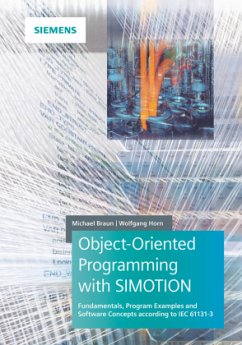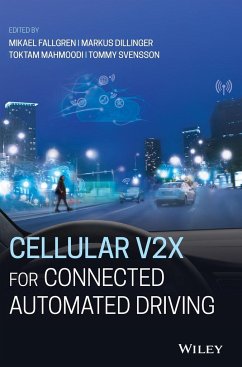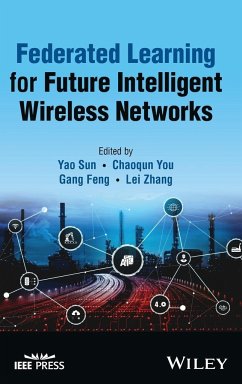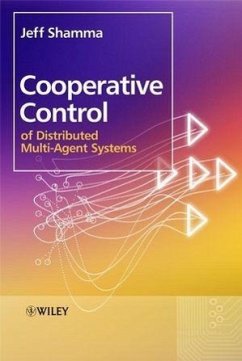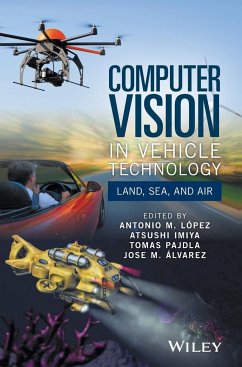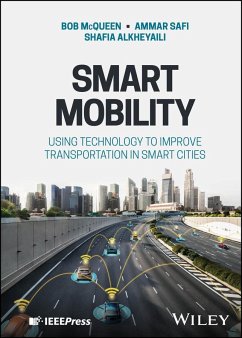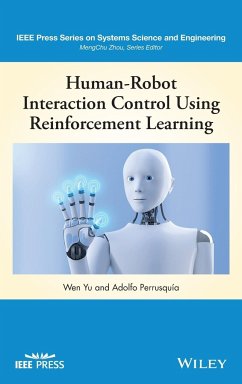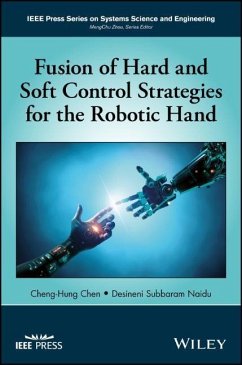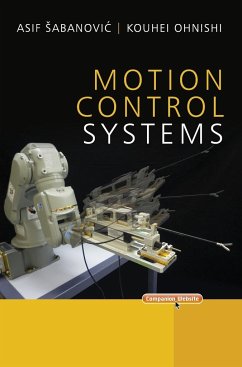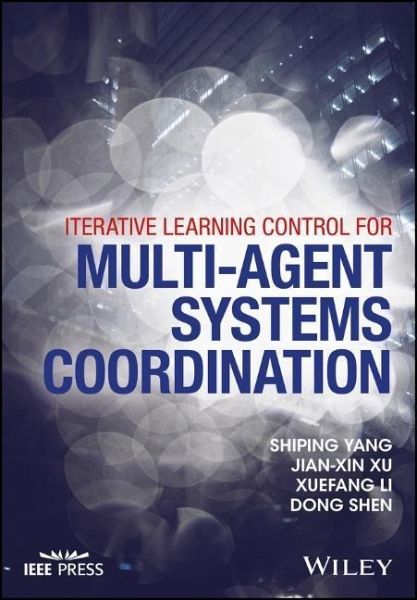
Iterative Learning Control for Multi-Agent Systems Coordination
Versandkostenfrei!
Versandfertig in über 4 Wochen
129,99 €
inkl. MwSt.
Weitere Ausgaben:

PAYBACK Punkte
65 °P sammeln!
A timely guide using iterative learning control (ILC) as a solution for multi-agent systems (MAS) challenges, showcasing recent advances and industrially relevant applications
_ Explores the synergy between the important topics of iterative learning control (ILC) and multi-agent systems (MAS)
_ Concisely summarizes recent advances and significant applications in ILC methods for power grids, sensor networks and control processes
_ Covers basic theory, rigorous mathematics as well as engineering practice
_ Explores the synergy between the important topics of iterative learning control (ILC) and multi-agent systems (MAS)
_ Concisely summarizes recent advances and significant applications in ILC methods for power grids, sensor networks and control processes
_ Covers basic theory, rigorous mathematics as well as engineering practice




